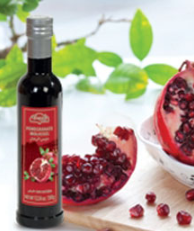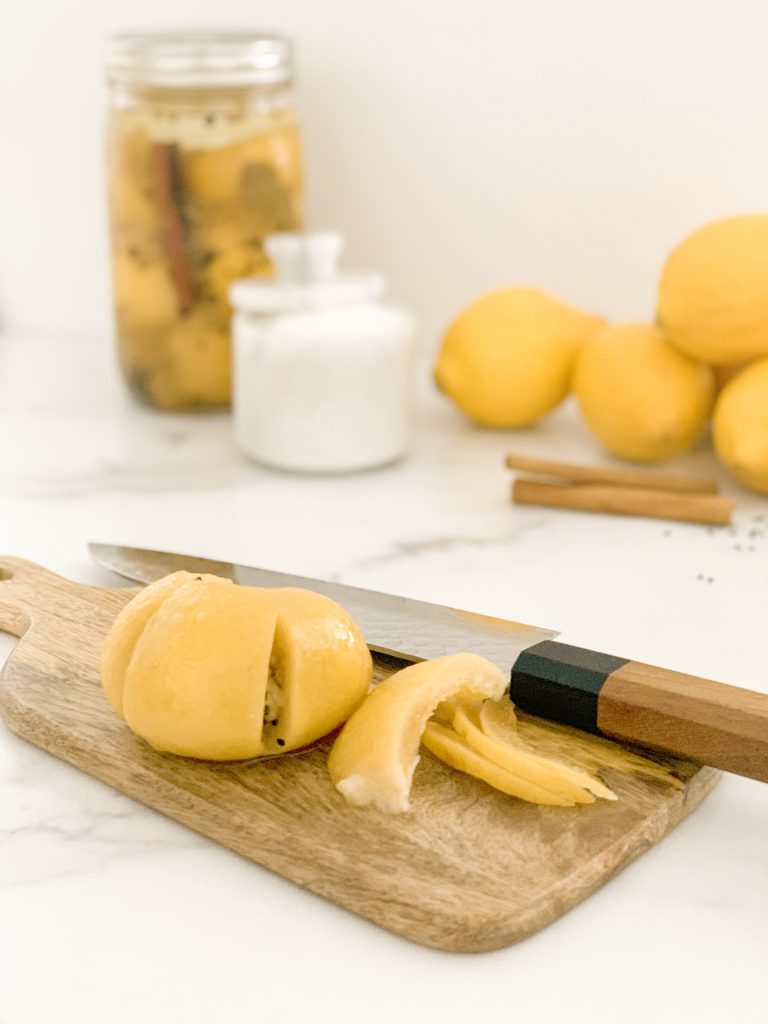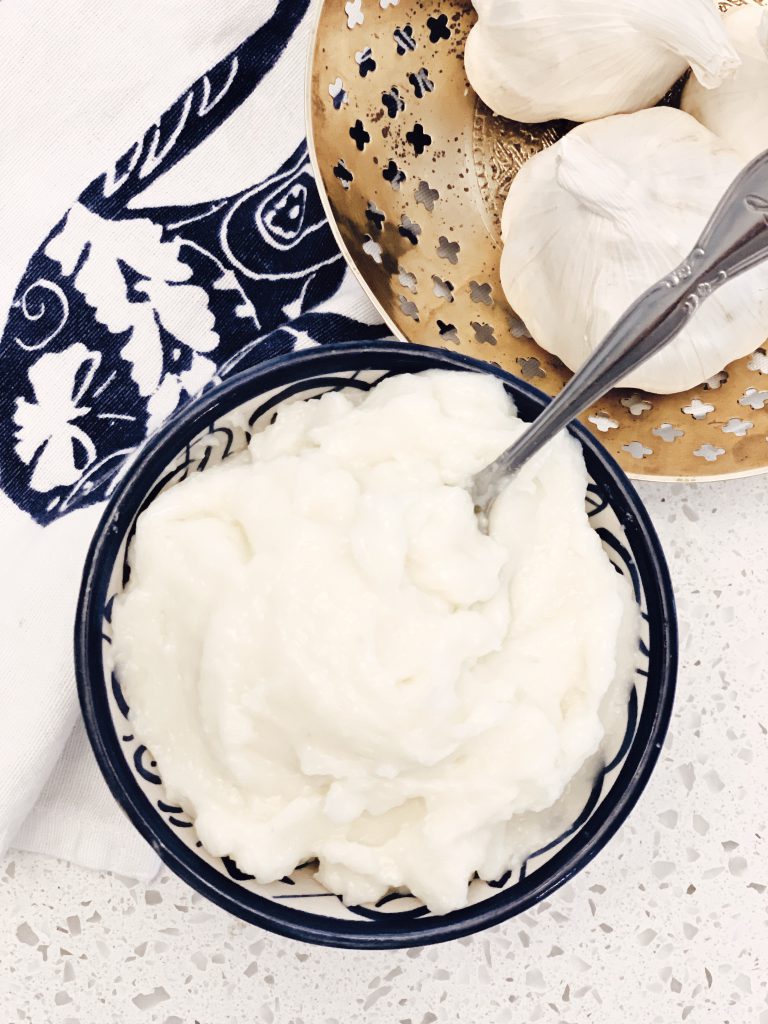Never heard of one of my ingredients? Unsure of where you should source something? In a pinch and need a substitution? You’ll find all the information you need here.
NB. As an Amazon Associate I earn a small percentage from qualifying purchases linked on this page, though I only recommend products I actually use and find to be of high quality.
ALEPPO PEPPER has its origins in, you guessed it – Aleppo, Syria. It’s frequently used in Middle Eastern dishes to give a spicy, bright flavour to food. It’s not particularly hot, but it adds a subtle spiciness and tart fruity flavour to dishes. I buy mine from The Spice House, but it’s also readily (and inexpensively!) available on Amazon as well.
DATE HONEY or syrup (known as rub ( رُب, ) in Arabic, and silan (סילאן) in Hebrew), is a fruit syrup extracted from date fruit. It is part of the popular Lebanese drink ‘jallab’, but can also be used in place of honey, or atop muhallebi or bread with tahini. You can typically find it in Arab supermarkets with the syrups and flower waters, or you can purchase online – this date syrup is a good option, and comes in a convenient squeeze bottle.
HARISSA is North African paste made from chili peppers, though it’s not particularly spicy. It typically contains other spices such as saffron, garlic, or coriander and sometimes oil. It can be used on meat, vegetables, in soups and stews, or even to flavor couscous / maftoul. This has become a more popular condiment recently, and may even be available in the international aisle of your supermarket. My personal favourite right now is NY Shuk’s Signature Harissa, though it is admittedly a splurge. Basic harissa paste can be found very inexpensively – like Dea Harissa.

POMEGRANATE MOLASSES is a common ingredient in Middle Eastern dishes and dips, and can typically be found at your local Middle Eastern supermarket, but also online at retailers like Amazon. I prefer the Al Wadi 100% natural version (linked here) because it doesn’t contain added sugar, and is really just boiled down 100% pomegranate juice, so it has a lot of pomegranate flavour, as opposed to the ones with added sugar and preservatives (you can definitely taste the difference). It will keep almost indefinitely (at least a year) in your refrigerator.

PRESERVED LEMON is a lemon which has been preserved for at least a month (but can be longer) in a strong salt and sometimes spice solution. They are used in a variety of North African and Mediterranean recipes but particularly in tagines, soups, stews, salads, and sauces. Usually the lemons are added to a brine of lemon juice and salt, with spices such as bay leaf, cinnamon, coriander seed, and nigella (black seed), but they can also be preserved without these additions. You can find my recipe for preserved lemons here, or you can buy them online – though they are very cheap to make compared to purchasing them.
TAHINA is another way of pronouncing tahini. Sometimes it refers to the sauce (made with garlic, lemon, and olive oil), or just the paste itself. Tahina/i is a paste made from ground sesame. There aren’t a lot of ingredients that I insist on buying from a specific source – but I highly recommend either Soom, Alwadi, Achva, or Seed+Mill. Please don’t use the stuff that comes in the orange and brown tin in the supermarkets – you know the one – or you’ll forever believe you hate tahina.

TOUM (pronounced like ‘toom’ or ‘thoum’, meaning garlic ( ثوم ) in Arabic) is a garlic spread / sauce from Lebanon. It’s naturally vegan, being made only of garlic, salt, oil, and lemon juice. It is a great accompaniment to many dishes, and is very versatile. If you live near a Trader Joe’s you can purchase their very similar garlic dip, but you can view my recipe to make it here, and genuinely I believe the homemade stuff to taste better. It’s a traditional topping for shawarma, falafel, and other dishes, but it’s also useful to add to sauces, soups, or other recipes!
URFA BIBER (or isot pepper) is a Turkish dried chili pepper, which turns a dark maroon on the plant and is then dried into an even darker black-brown spice. It is not particularly hot (like Aleppo pepper) but has a smoky, almost raisin-like taste to it. Like most of my spices, I buy mine from The Spice House, but it’s also easily found on Amazon as well.
VANILLA I know, I know. If you’re reading a cooking blog, you probably already know what vanilla extract is. However, if you’re following Islamic dietary guidelines (or for health reasons do not consume alcohol) then most vanilla extracts are off-limits as they always contain alcohol. If you have one locally, Trader Joe’s offers an alcohol- free vanilla, but this halal vanilla (with flecks of actual beans!) is a great alternative and adds a great vanilla flavour to your baked goods.
ZA’ATAR is a savoury Middle Eastern spice blend, and it is probably the most ubiquitous spice in the region. That’s because it’s literally good on everything – vegetables, meats, bread drizzled with tahina, pizza, nuts, the list goes on. It’s a mixture of thyme, marjoram, oregano, and sesame seeds. I’m really picky about my za’atar (most American spice vendors don’t sell much of it and it seems old, dark, and bitter), and I typically pick up vast quantities every time I’m in Jerusalem – but if you’re not headed there I highly recommend this Palestinian Za’atar by Z&Z, available on Amazon.